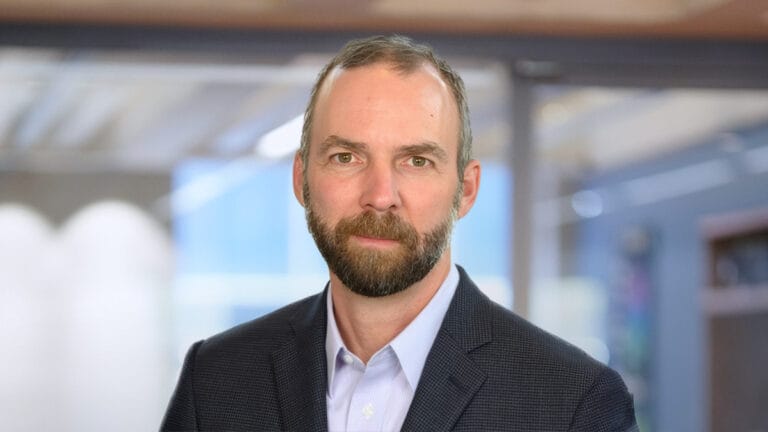

Darshana Parekh, Head of Partnership at Cultivate Sponsorship and Legal Counsel with Plexus (now Axiom Global), believes crafting effective DEI policy starts with an honest undertaking and assessment of where you’re at currently. “The hallmarks of effective policy are understanding that DEI is an umbrella term; understanding where you are in terms of your maturity levels, and actively taking the time to think about which DEI policy you’d like to focus on. Then taking the time to implement, evaluate, reiterate, and change the policy over time. Practicing what you preach and being realistic about what you preach.”
Parekh says effective DEI policy often starts with selecting a component under that umbrella to work on and focusing on getting it right. A bespoke offering for your own people if you will. “It’s okay to develop policy that isn’t in line with what ‘fashion’ says or isn’t quite in line with what everyone else is doing because you’re not going to affect change until you really think about the impact of that change on your people.”
A key part of that impact assessment is to understand that often equality is not equity. “You’re never going to achieve equitable practices if you just apply equal practices to everyone in the organization,” says Parekh.
A good example is the issue of gender equality, one of her passion points. If you were to just apply equal practices across all people in a company, it would likely be that these practices may not be so equal for the pregnant women in your team. A more equitable policy may be to have additional considerations to help combat their possible exhaustion and enable further flexibility as required.
“It’s about being able to look at your workforce and say, Okay, at the moment, we’re focusing on gender equality and what we’re going to do is start off with how we treat pregnant women at work. That could be the focus for 12 weeks or six months, and then it’s a matter of sitting down and working out what works and what doesn’t and being honest and upfront with your workforce. Ask them what’s happening and how it’s impacting their emotional and physical health and iterating it on that basis.”
According to Parekh, these are conversations where in-house legal counsel can add considerable value. “As Legal Counsel we’ve got a certain element of critical thinking we can apply to ourselves. And we should be applying it to ourselves and understanding that, yes, conversations around this can be difficult, but they can also be tactful, upfront, honest and respectful. We need to allow the space for those conversations to be held.”
DEI is one of those rare instances in the business world where a move-fast- break-things approach is not the best way forward. To craft considerate and impactful policy takes time, thought and care. To focus keenly on what matters most to your teams and build on those things.
When done right DEI policy will make an unfathomable difference to the people in your company, team or cohort. It’s not so much a jewel in the crown, but rather the thread that holds the whole garment together.


